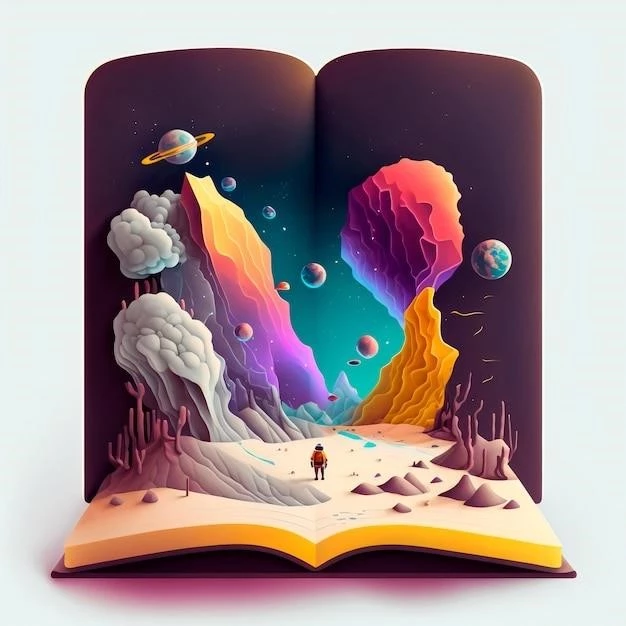I’ve always been drawn to a good story. Whether it’s a captivating novel‚ a friend recounting a hilarious experience‚ or even a well-crafted advertisement‚ stories have this incredible power to pull us in‚ make us feel something‚ and stay with us long after they’re over. But it wasn’t until recently that I truly began to grasp the science behind this power and its profound implications‚ especially in a field like science communication.
My Personal Storytelling Journey
As a neuroscientist‚ I’m fascinated by the brain and how it makes sense of the world. So‚ naturally‚ I was intrigued when I stumbled upon research on the neurological effects of storytelling. Studies using fMRI‚ like those by Uri Hasson at Princeton University‚ showed that when someone tells a story‚ the listener’s brain doesn’t just passively absorb information. Instead‚ it lights up in areas associated with language processing‚ sensory experience‚ and even emotion‚ mirroring the activity in the storyteller’s brain. It’s almost as if our brains are hardwired to connect through narratives‚ to share experiences and understand each other on a deeper level.
This realization was a game-changer for me. I used to approach scientific presentations with the mindset of delivering pure‚ objective information. But seeing the evidence of how stories engage the brain made me realize the potential of weaving narrative elements into my work. I started experimenting‚ incorporating anecdotes from my research‚ highlighting the human element behind the data‚ and framing my findings within a larger story. The results were astounding. My presentations became more engaging‚ my colleagues seemed more receptive‚ and even complex scientific concepts seemed to resonate more deeply.

Why Storytelling Matters: Beyond Engaging Brains
The power of storytelling extends far beyond simply making things more interesting. It has the potential to:
- Build Empathy and Understanding: Stories can transport us into someone else’s shoes‚ allowing us to see the world from their perspective and fostering a sense of empathy and understanding.
- Make Information Memorable: Our brains are wired to remember stories better than isolated facts. By embedding information within a narrative structure‚ we make it stickier and more likely to be recalled later.
- Inspire Action: Compelling stories have the power to move us emotionally‚ prompting us to take action‚ whether it’s supporting a cause‚ changing our behavior‚ or simply seeing the world in a new light.
Storytelling in Action: Real-World Examples
The impact of storytelling isn’t limited to scientific circles. It’s a powerful tool across various domains:
- Marketing and Branding: Companies use stories to connect with consumers on an emotional level‚ building brand loyalty and driving sales. Think about the iconic commercials that tell a story rather than just listing product features.
- Education: Engaging students through storytelling makes learning more enjoyable and effective. Teachers have long understood the power of using stories to illustrate concepts and bring history to life.
- Social Change: Stories can be powerful catalysts for change‚ raising awareness about important issues‚ challenging perspectives‚ and inspiring action. Think about the impact of documentaries or personal testimonies that shed light on social injustices.

The Future of Storytelling: A World of Possibilities
As we delve deeper into the science of storytelling and explore its potential‚ I believe we’re only scratching the surface of its power. With advancements in technology like virtual reality and augmented reality‚ we have the opportunity to create even more immersive and impactful storytelling experiences.
Imagine a future where:
- Medical professionals use VR to help patients understand complex procedures and manage anxiety.
- Educators create interactive historical simulations that transport students back in time.
- Journalists use immersive storytelling to foster empathy and understanding across cultures.
My Call to Action: Embrace the Power of Story
Whether you’re a scientist‚ a teacher‚ an entrepreneur‚ or simply someone who wants to communicate more effectively‚ I urge you to embrace the power of storytelling. Weave narratives into your work‚ share your experiences‚ and connect with your audience on a human level. By doing so‚ we can unlock the incredible potential of stories to inform‚ inspire‚ and create a more empathetic and understanding world.










